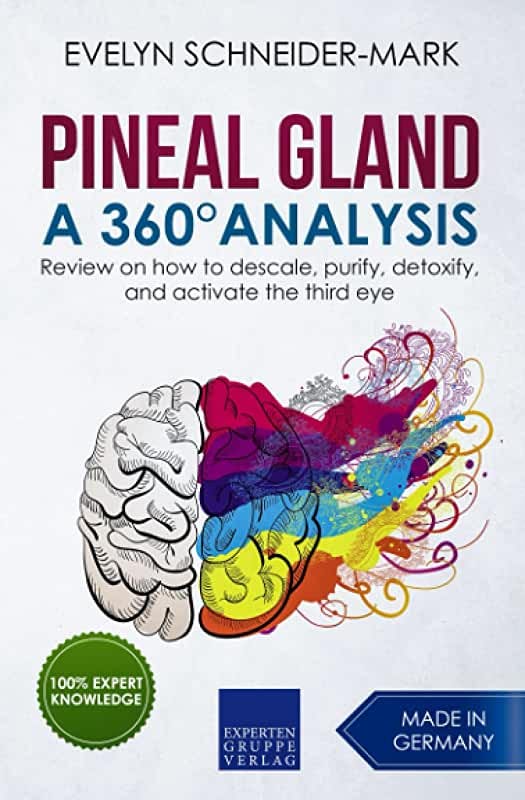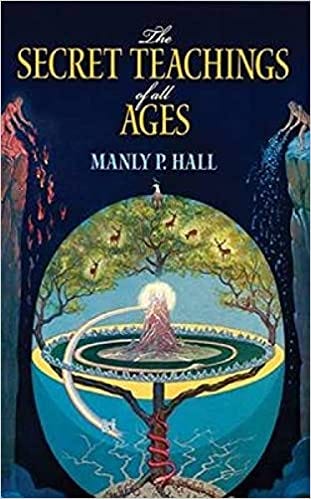
Book Lists:
The Pineal Gland: The Eye of God: https://amzn.to/3J3UJ6M

Pineal Gland — A 360° Analysis: Review on how to descale, purify, detoxify, and activate the third eye:https://amzn.to/3NkAhBm

The Secret Teachings of All Ages: An Encyclopedic Outline of Masonic, Hermetic, Qabbalistic and Rosicrucian Symbolical Philosophy: https://amzn.to/3Nl1jHJ

The pineal gland is a small, pea-shaped gland located in the center of the brain. It is often called the “third eye” because it is thought to be involved in our perception of the world around us. The pineal gland produces melatonin, a hormone that helps regulate our sleep-wake cycle. It also produces serotonin, a neurotransmitter that plays a role in mood, appetite, and sleep.
The pineal gland is connected to the 33 vertebrae in the spine by a network of nerves. These nerves carry signals from the pineal gland to the rest of the body. The pineal gland is also connected to the medulla, which is a part of the brainstem. The medulla controls many important functions, including breathing, heart rate, and blood pressure.
In esoteric traditions, the pineal gland is often associated with hidden knowledge. Some believe that the pineal gland is a doorway to other dimensions or that it can help us connect with the divine. There is no scientific evidence to support these claims, but they continue to fascinate people for centuries.
**How the Pineal Gland Affects Our Behavior**
The pineal gland plays a role in many different aspects of our behavior, including:
* Sleep-wake cycle: The pineal gland produces melatonin, which helps regulate our sleep-wake cycle. Melatonin levels rise in the evening and fall in the morning, which helps us fall asleep at night and wake up in the morning.
* Mood: The pineal gland produces serotonin, a neurotransmitter that plays a role in mood. Low levels of serotonin can contribute to depression, anxiety, and other mood disorders.
* Appetite: The pineal gland produces melatonin, which can suppress appetite. This is why people often feel hungrier in the morning and less hungry in the evening.
* Pain: The pineal gland produces melatonin, which has analgesic properties. This means that it can help reduce pain.
**The Pineal Gland and the Connection to the Universe**
The pineal gland has been called the “third eye” because it is thought to be involved in our perception of the world around us. Some believe that the pineal gland is a doorway to other dimensions or that it can help us connect with the divine. There is no scientific evidence to support these claims, but they continue to fascinate people for centuries.
In the 17th century, French philosopher René Descartes believed that the pineal gland was the seat of the soul. He believed that the pineal gland was the only part of the brain that was not duplicated, which made it a unique and special organ.
In the 20th century, American psychologist Carl Jung also believed that the pineal gland was important for spiritual development. He believed that the pineal gland was the seat of the “collective unconscious,” which is a reservoir of shared human experiences and memories.
Today, scientists are still learning about the pineal gland and its role in our bodies. There is still much that we do not know about this mysterious gland, but it is clear that it plays an important role in our health and well-being.
No comments:
Post a Comment
Welcome to Leave a Comment